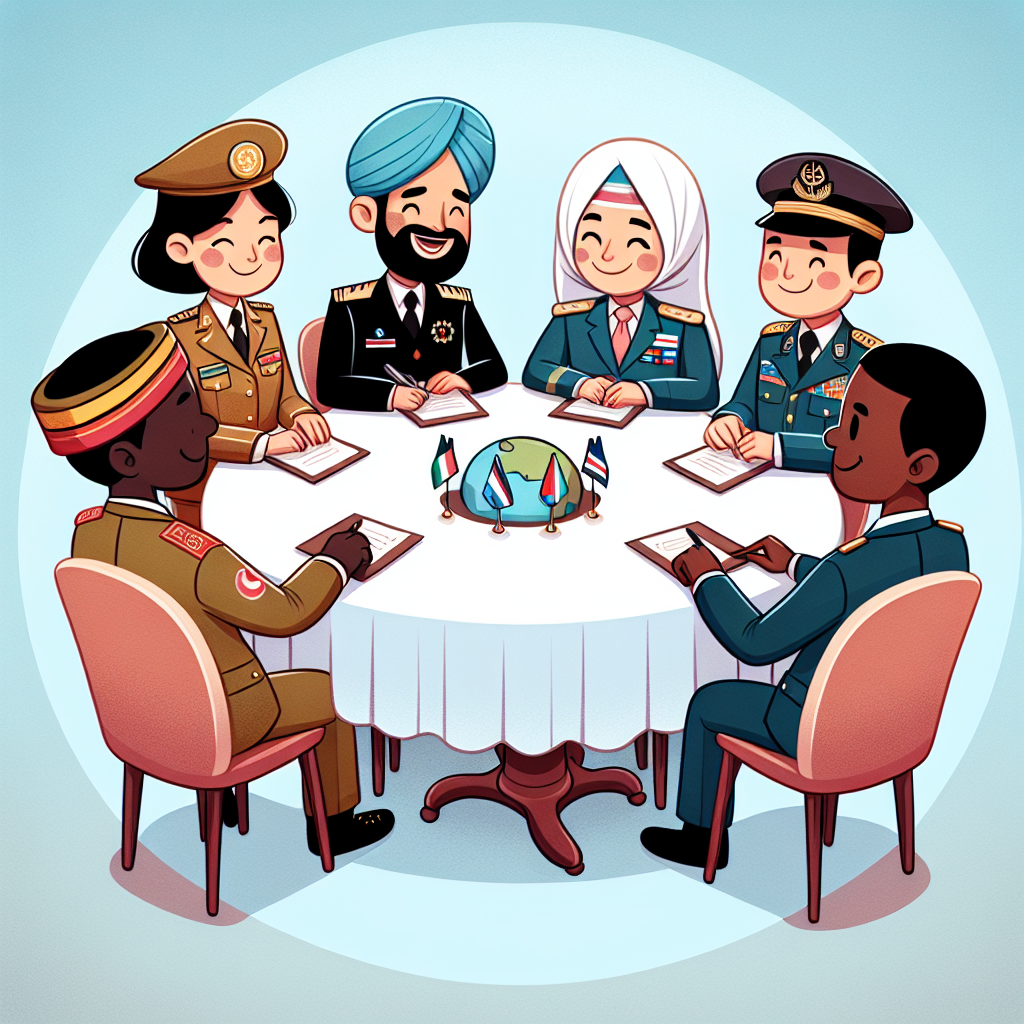Tensions Rise: US Urges Diplomacy Amidst Middle East Strife
Amid fears of escalating Middle East conflict, the U.S. urges countries to pressure Iran against retaliatory strikes. Following the assassination of Hamas leader Ismail Haniyeh, tensions have increased. U.S. officials, including President Biden and Vice President Harris, are engaged in intense diplomacy to support Israel and de-escalate regional tensions.

The United States has intensified diplomatic efforts urging countries to pressure Iran against escalating conflict in the Middle East, a State Department spokesperson revealed on Monday. Secretary of State Antony Blinken described it as a 'critical moment' for the region, warning that further escalation is not in anyone's interest and will only lead to more violence and insecurity.
During a signing ceremony with his Australian counterpart, Blinken emphasized, 'All parties must refrain from escalation and take steps to ease tensions.' His comments followed the assassination of Hamas leader Ismail Haniyeh in Tehran, which has stoked fears of a broader conflict involving Israel and Iran.
Following the assassination, U.S. President Joe Biden and Vice President Kamala Harris were briefed on the situation, including potential threats from Iran and its proxies. During a briefing, officials discussed the unclear timeline of potential Iranian or Hezbollah attacks. Five U.S. personnel were wounded in a recent attack on Iraq's al Asad airbase, the connection to Haniyeh's death remains uncertain. The U.S. continues to support Israel militarily and diplomatically to de-escalate regional tensions.
Blinken contacted Qatari and Egyptian officials, urging them to convey the message to Iran that escalation is detrimental to all parties involved. State Department spokesperson Matthew Miller expressed hope that diplomatic channels would help convey this critical message to Tehran. Blinken underscored the urgency of a ceasefire in the Gaza conflict, advocating for all parties to seek an agreement rather than reasons for continued conflict.
(With inputs from agencies.)










